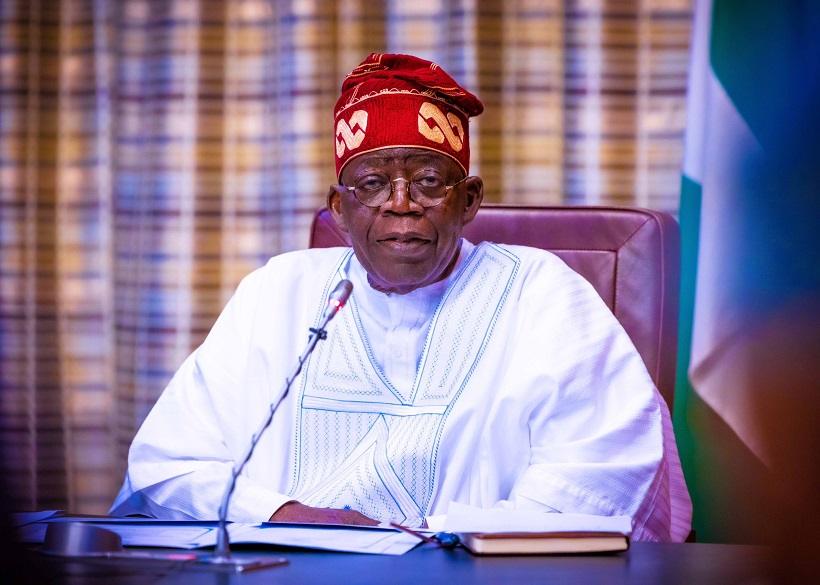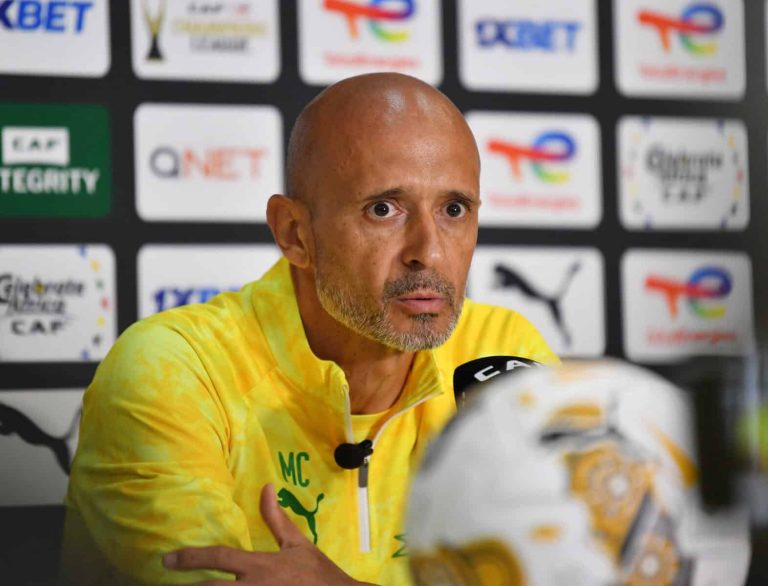
President says electricity remains key to Nigeria’s economic revival as Siemens advances with new substations, 984MW capacity boost, and training centre for local engineers…
President Bola Ahmed Tinubu has restated his administration’s determination to improve Nigeria’s electricity supply and strengthen the economy through reliable energy infrastructure.
The President made the remark during a meeting with a delegation from Siemens Energy, led by the company’s Managing Director for the Middle East and Africa, Dietmar Siersdorfer, at the Presidential Villa in Abuja.
Also present were Vice President Kashim Shettima, Minister of Finance and Coordinating Minister of the Economy Wale Edun, Minister of Power Adebayo Adelabu, and Special Adviser on Energy Olu Verheijen.
In a statement issued after the meeting by the Special Adviser to the President on Information and Strategy, Bayo Onanuga, Tinubu emphasized that a stable power supply is fundamental to Nigeria’s industrial, educational, and healthcare growth.
“There is no industrial growth or economic development without power. I believe that power is the most significant discovery of humanity in the last 1,000 years,” the President said.
He commended the ongoing collaboration with Siemens Energy and the German government under the Presidential Power Initiative (PPI), noting that the completion of the project would elevate Nigeria’s position as an energy leader in Africa.
“The progress so far is notable, but we must move faster. Our education, healthcare, and transportation all depend on energy. Without power, it is an impossible objective. We are taking it very seriously,” Tinubu added.
The President also directed the expansion of several major transformer substations from two to three phases to further boost national grid capacity.
“We want everyone to see the glory of our economic recovery and the banishment of poverty. We are all inspired and happy with the progress,” he said, assuring that the government would continue to provide the necessary resources for the project.
PPI Milestones and Progress
Minister of Power Adebayo Adelabu briefed the President on key achievements in the sector, including the Electricity Act 2023 and the formulation of a National Integrated Electricity Policy, which have attracted over $2.2 billion in new investments and led to the activation of 15 state electricity markets.
Adelabu explained that since the signing of the Accelerated Agreement at COP28 in Dubai in December 2023 attended by President Tinubu and German Chancellor Olaf Scholz, the PPI has made tangible progress across its implementation phases.
Under the Pilot Phase (Phase Zero), he said Siemens Energy had successfully delivered and commissioned 10 units of 132/33kV mobile substations, three 75/100MVA transformers, and seven 60/66MVA transformers across major load centres nationwide, adding 984 megawatts (MW) to Nigeria’s transmission capacity.
He also revealed that in December 2024, the Federal Executive Council approved the start of the Engineering, Procurement, and Construction (EPC) contract for Phase One, Batch One of the PPI. This phase covers the upgrade, installation, and commissioning of substations in Abeokuta, Offa, Ayede-Ibadan, Sokoto, and Onitsha.
According to Adelabu, civil works at the sites are ready to commence, manufacturing of equipment is underway, and two of the five substations are expected to be completed by the end of 2026.
He added that the upcoming Phase One, Batch Two will involve constructing and upgrading 16 substations six brownfield and ten greenfield to deliver an additional 4,104MW of transmission capacity nationwide.
Boost for Jobs, Business, and Local Capacity
On his part, the Minister of Finance Wale Edun noted that completing the PPI would significantly enhance Nigeria’s ease of doing business, create jobs, and reduce poverty, aligning with the Tinubu administration’s economic recovery agenda.
Leading the Siemens delegation, Dietmar Siersdorfer reaffirmed the company’s commitment to completing two substations by December 2026 and disclosed that a training centre was already under construction to develop local engineers, boost job creation, and promote technology transfer.
“The PPI is not just a project but a platform for long-term development and prosperity,” Siersdorfer stated.
He added that the initiative would transform Nigeria into a regional power hub and deepen bilateral relations between Germany and Nigeria.
“Nigerian professionals will be directly engaged in the five project sites for Batch One, while thousands of jobs will be created in local communities through service contracts, accommodation, and transportation,” he said.
Representing the German government, Johannes Lehne, from the German Embassy in Abuja, assured President Tinubu of continued support and partnership to ensure the successful delivery of the power initiative.


